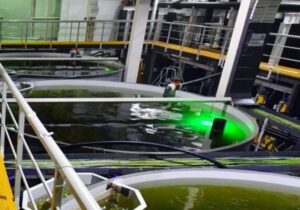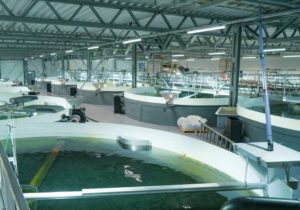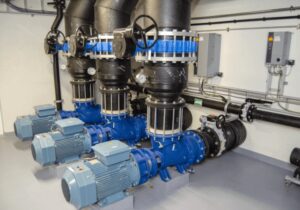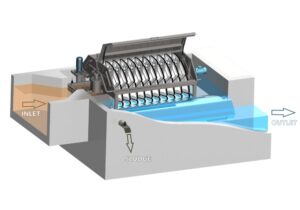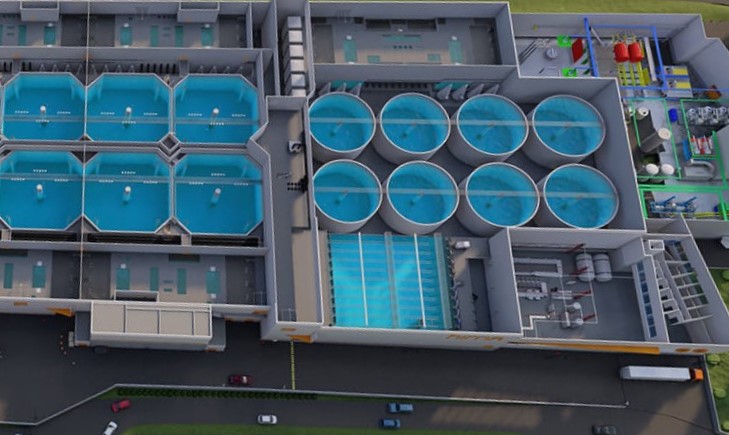
Revolutionizing Aquaculture: The Imperative of Land-Based Fish Farming for a Sustainable Future
A transformative paradigm is happening in the realm of aquaculture – land-based fish farming!
At the forefront of sustainability and technological innovation, this production method not only addresses the urgent need for environmentally responsible fish farming but also emerges as the most financially viable and ethically sound solution for the future.
Environmental Sustainability: Land-based aquaculture presents a crucial shift away from traditional open-sea farming, mitigating the environmental impact associated with offshore operations. By eliminating the risk of pollution from net pens, preventing fish escapes, and reducing the overall ecological footprint, land-based systems offer a compelling solution to safeguard our oceans and marine ecosystems.
Technological Advancements: Recent strides in technology have propelled land-based aquaculture into a league of its own. With controlled environments that replicate optimal conditions for fish growth, we can now achieve unparalleled results. Advanced water recirculation systems, biofiltration, and real-time monitoring ensure a level of precision and efficiency that traditional farming methods simply cannot match.
Financial Performance: Contrary to misconceptions, land-based aquaculture is not just an environmentally conscious choice; it is also a smart financial investment. The optimized conditions lead to faster growth rates, reducing the time to market and increasing overall productivity. Lower feed consumption, minimized disease risk, and improved fish welfare contribute to a robust financial model that positions land-based farms as economically competitive, if not superior, to traditional methods.
Zero Exposure to Pollution: One of the most significant advantages of land-based aquaculture is the elimination of environmental contamination. By containing operations within controlled facilities, we prevent the release of excess feed, antibiotics, and waste into natural water bodies. This not only safeguards aquatic ecosystems but also ensures the production of cleaner, healthier seafood.
Enhanced Fish Welfare: Land-based systems prioritize the well-being of the fish, providing an environment that closely mimics their natural habitat. From water quality to stress levels, every aspect is meticulously managed, resulting in healthier, happier fish. This not only aligns with ethical considerations but also contributes to superior product quality.
In conclusion, land-based aquaculture stands as the beacon of a sustainable and economically viable future for fish farming. As we navigate the complexities of global food production, it is imperative that we embrace methods that not only meet the demands of the present but safeguard the legacy we leave for future generations. RenAQ is proud to be at the forefront of this transformative journey, and we invite you to join us in shaping a more sustainable and prosperous future for aquaculture.

